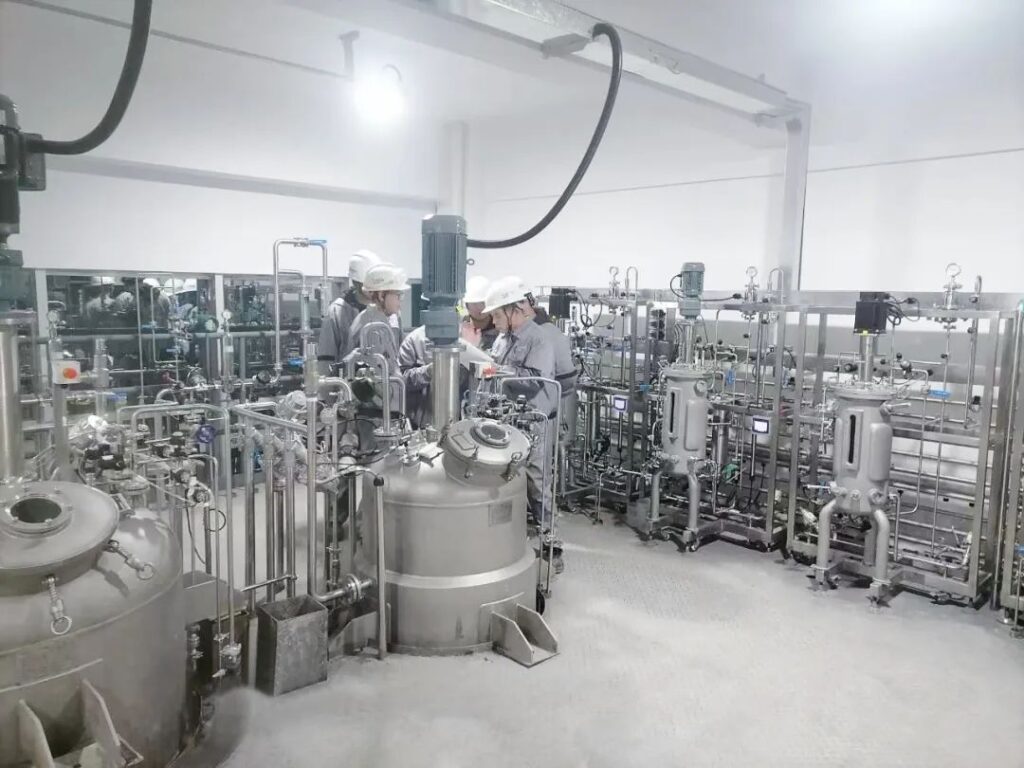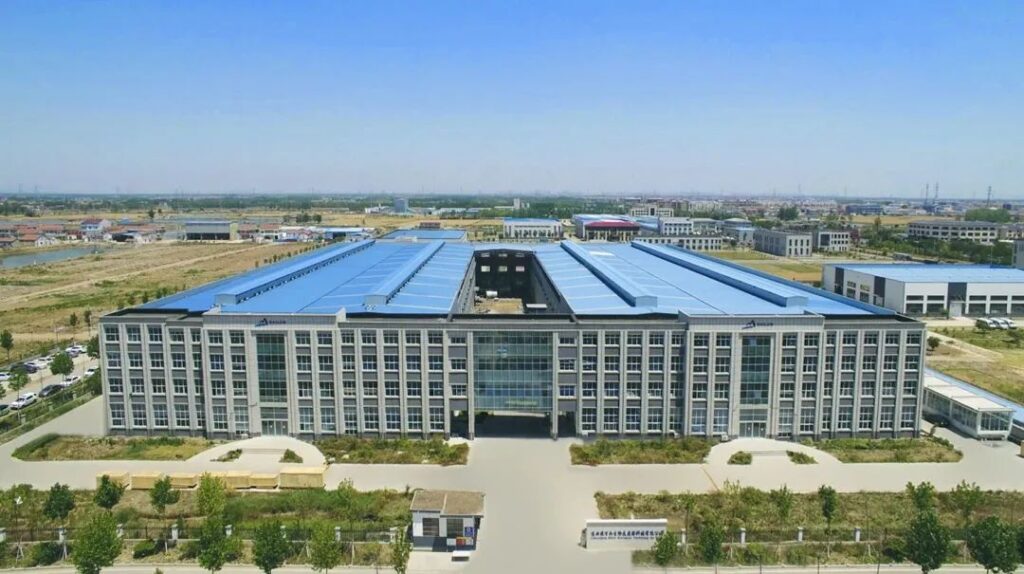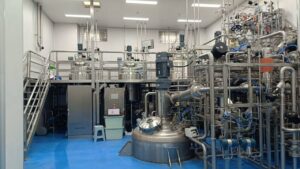
What is Bioprocess Engineering?
Bioprocess engineering combines biological principles with engineering technologies to design, optimize, and implement processes for large-scale production. These processes typically involve microorganisms, enzymes, or other biological entities to produce a variety of products such as pharmaceuticals, food, energy, and chemicals. For factory manufacturers, understanding and applying bioprocess engineering not only improves production efficiency but also reduces production costs to meet the growing market demand.

Factory manufacturers have their own advantages, but also often face multifaceted challenges, including:
- Improving Production Efficiency
Factory production processes can be complex and often depend on multiple departments and resources. By optimizing bioprocesses, manufacturers can implement automated control, reduce manual intervention, and increase production speed and efficiency. - Ensuring Quality Consistency
High-quality production not only increases customer satisfaction but also ensures market competitiveness. Bioprocess engineering helps ensure product consistency, reduce variation, and guarantee the quality and safety of the final product. - Cost Control
Reducing production costs is a core goal for every manufacturer. Optimizing bioprocesses can effectively lower production costs by reducing raw material waste, improving resource utilization, and reducing energy consumption. In addition, by utilizing low-cost, abundant biological resources, manufacturers can create more cost-effective processes compared to traditional chemical manufacturing methods. The use of renewable biological raw materials such as agricultural waste also contributes to cost savings and sustainability. - Environmental Sustainability
As environmental regulations become increasingly stringent, factory manufacturers must consider the environmental impact of their production processes. Bioprocess engineering can reduce harmful emissions and improve production sustainability through the use of renewable energy and green materials. Not only does this benefit the environment, but it also ensures that manufacturers comply with increasingly tight environmental standards, ultimately contributing to the company’s long-term success and reputation.
Flexible, intelligent and automated cell bioprocess engineering factory-1
Trends in Bioprocess Engineering
With the continuous advancement of technology, bioprocess engineering is being applied in an expanding range of fields, especially in pharmaceuticals, food and beverage manufacturing, and the production of new energy. In response to the rapidly changing landscape, bioprocess engineering also faces more diversified development trends:
- The Rise of Personalized Biopharmaceuticals
With the increasing demand for precision medicine and personalized treatments, the biopharmaceutical industry is moving towards the production of custom products. Bioprocess engineering can precisely control the metabolic pathways of microorganisms during production, meeting the diverse needs of pharmaceutical manufacturing. This allows for tailored products that are specific to individual patients or conditions, which is particularly important in the development of monoclonal antibodies, gene therapies, and vaccines. - Integration of Smart Manufacturing and Automation Technologies
As Industry 4.0 progresses, smart manufacturing and automation technologies are becoming more prevalent in bioprocess engineering. These technologies not only improve production efficiency but also reduce human errors, enhancing production accuracy and reliability. Smart sensors and real-time data processing can help manufacturers monitor conditions more closely and adjust parameters on the fly. The integration of artificial intelligence and machine learning also opens up new possibilities for predictive maintenance and optimizing production based on past performance. - Sustainable Development and Green Production
Environmental protection and sustainable development have become critical trends in global manufacturing. By adopting bioprocess engineering, manufacturers can better utilize biological resources, reduce environmental pollution during production, and achieve green production and low-carbon emissions. For example, bioprocesses can replace traditional chemical reactions, which often generate hazardous by-products, with biological alternatives that are less harmful to the environment. - Application of Digitalization and Data Analytics
Data plays a crucial role in bioprocess engineering. By monitoring and analyzing real-time data, manufacturers can more precisely control production processes, detect potential issues early, and make adjustments promptly, improving production stability and efficiency.
factory process engineering equipment
How to Optimize Factory Production Using Bioprocess Engineering
- Choose the Right Bioreactor Technology
Bioreactors are one of the core devices in bioprocess engineering. It is crucial to select the appropriate type of bioreactor (such as batch, continuous, or semi-continuous reactors) based on the production needs and product characteristics of the factory. - Optimize the Fermentation Process
Fermentation is the foundation of many bioprocesses. By adjusting key parameters such as temperature, pH, and oxygen levels, manufacturers can optimize the fermentation process to increase yield and efficiency while ensuring the quality of the final product. New techniques such as high-density fermentation and fed-batch culture have been developed to maximize output in less time, enabling manufacturers to produce more with fewer resources. - Automation and Real-Time Monitoring
Implementing automated control systems can effectively reduce the risks associated with manual intervention, ensuring high efficiency and precision in production. Additionally, real-time data monitoring helps factory manufacturers stay on top of production conditions, identify potential issues early, and make timely adjustments. With the integration of advanced analytics and artificial intelligence, real-time data can be used to continuously improve the production process, ensuring that all parameters are optimized for the best results. - Implement Green Production Practices
By using eco-friendly materials, energy-efficient equipment, and clean technologies, bioprocess engineering helps factories minimize their environmental impact and drive sustainable development. Waste products from one process can be used as input for another, reducing waste and promoting a circular economy. For example, organic waste materials from the food industry can be utilized as feedstock for biofuels, creating a more sustainable and profitable system.

Conclusion
Bioprocess engineering provides factory manufacturers with powerful tools for production optimization, helping them achieve significant improvements in production efficiency, product quality, cost reduction, and sustainability. By continually innovating and adapting to industry trends, manufacturers can leverage bioprocess engineering to gain a competitive edge in the dynamic market landscape. The adoption of cutting-edge technologies and sustainable practices ensures that manufacturers can stay ahead of the curve, creating high-quality products in a cost-effective and environmentally responsible manne


